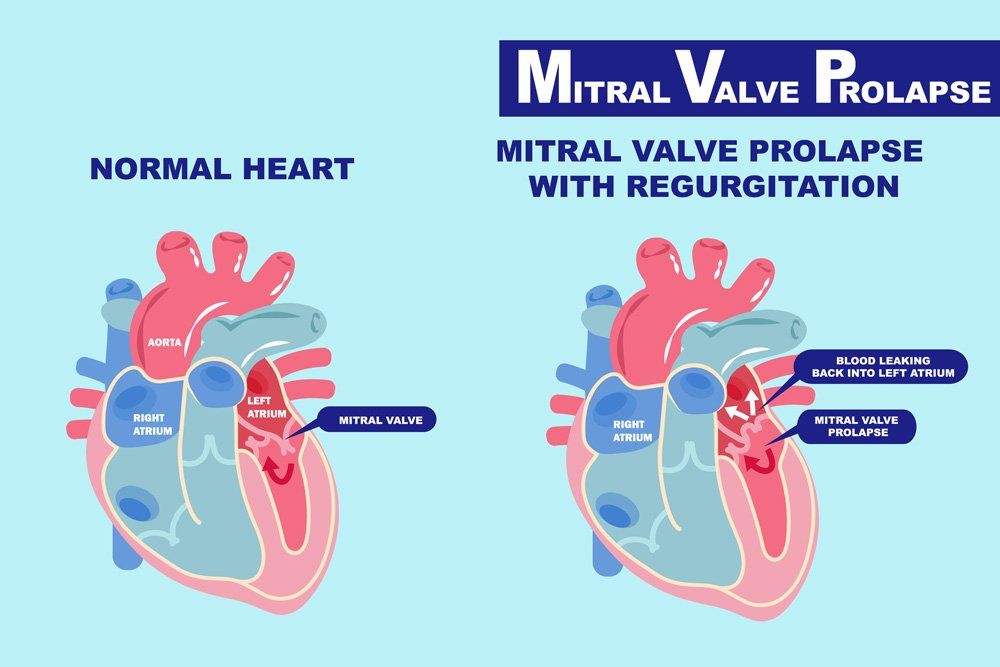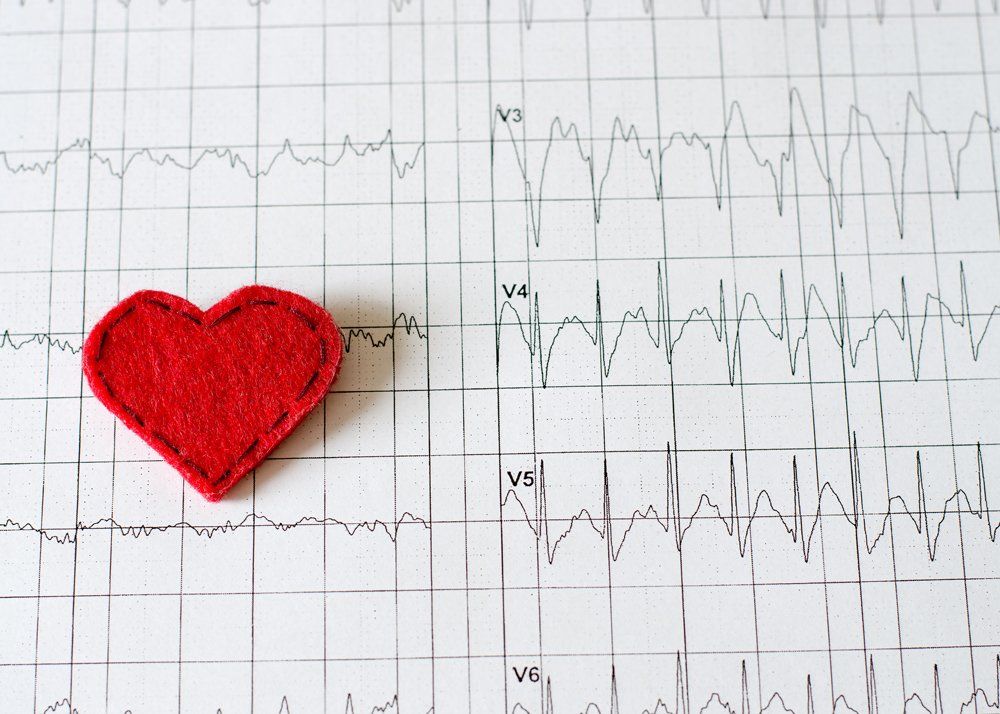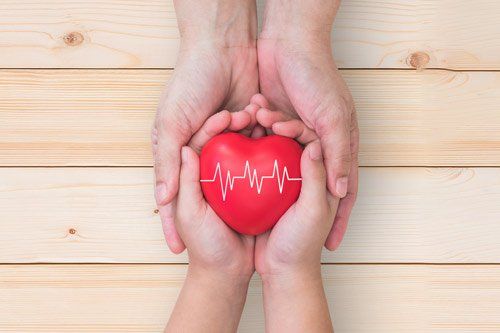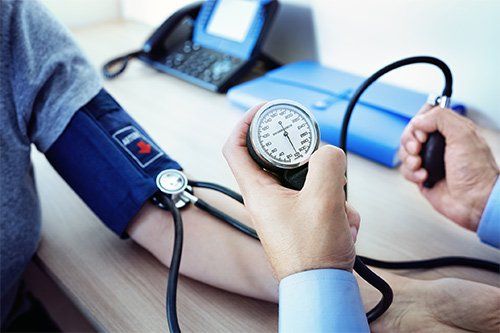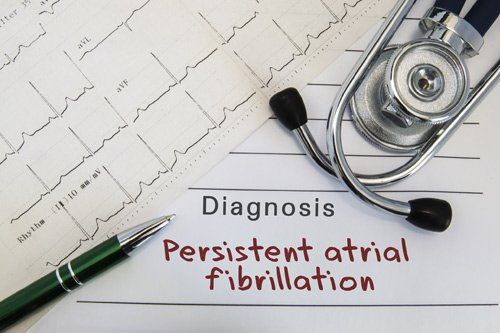At the Heart of the Matter: The Truths Behind 3 Common Heart Disease Myths
- By Admin
- •
- 09 Aug, 2018
- •

Your heart is an imperative part of your life. While responsible for pumping blood through blood vessels, the heart also moves the oxygen your cells and organs need to live and thrive. Unfortunately, the heart is also susceptible to a variety of issues and diseases that cause life-threatening complications.
Heart disease affects an estimated 60 million Americans. Even though this disease is so common, most people do not have a complete understanding of the condition. This guide and the advice of medical professionals will help you learn the truth behind a few common myths associated with heart disease.
Myth #1 Heart Disease Only Affects Old Men
One of the most common myths people believe is that heart disease (and other cardiovascular issues) only affect older men. The truth behind this myth will most likely surprise you since the disease affects both men and women.
Heart disease is considered the leading cause of death for both men and women. However, it is important to note that men seem to develop the disease earlier in life than women.
In regards to age, the risk of developing heart disease does increase as you get older.
The flexibility of your blood vessels lessens as you age, affecting the ease of blood flow. Without sufficient blood flow through the vessels, plaque will build up in the arteries, decreasing the flow of blood from the heart. The combination of these changes to your blood circulation, lack of exercise, and a poor diet can lead to heart disease.
Myth #2 Healthy, Fit People Do Not Develop Heart Disease
If you eat well and exercise, then you may think you are safe from developing cardiovascular issues. Unfortunately, this is a myth that needs to be addressed because even healthy, fit individuals can develop heart disease.
If you have family members diagnosed with heart disease, then you may be predisposed to developing the condition, as well. Even if you live a healthy lifestyle, the genetic factor may lead to cardiovascular problems.
Even if you eat well and exercise regularly, having extra stress in your life can also lead to heart disease. Stress increases your blood pressure and raises the stress hormones: adrenaline and cortisol. Recent studies have shown an increase in these hormones increases your risk of a heart attack.
Myth #3 You'll Know If You Have Heart Disease
Another common myth people believe is that heart disease always shows symptoms. If you are not experiencing any symptoms, then you may think you are free of the disease, but that is not actually true.
The symptoms of heart disease are not always visible or noticeable, so it is important to see your doctor regularly for routine tests.
Higher blood pressure measurements and cholesterol levels increase your risk of developing heart disease. By diagnosing and monitoring these higher levels early, you will be able to change your lifestyle and receive treatment that prevents further complications, such as a stroke or heart attack.
A diagnosis of heart disease does not necessarily mean you are having or will ever have a heart attack. However, it is important to know the signs to ensure you receive efficient and effective care.
Each person is different, so you may not have pain or tightness in the chest, which is a classic sign of a heart attack. Here are a few other signs of a heart attack that you should know:
- Shortness of breath
- Nausea or vomiting
- Dizziness or fainting
- Pain or numbness in the arm
- Pain in the back, neck, or jaw
- Pain in the upper abdomen
If you are experiencing one or more of the above symptoms, then seek out emergency medical care.
For more information on heart disease or to schedule a medical evaluation, contact Anderson Heart PC today.


